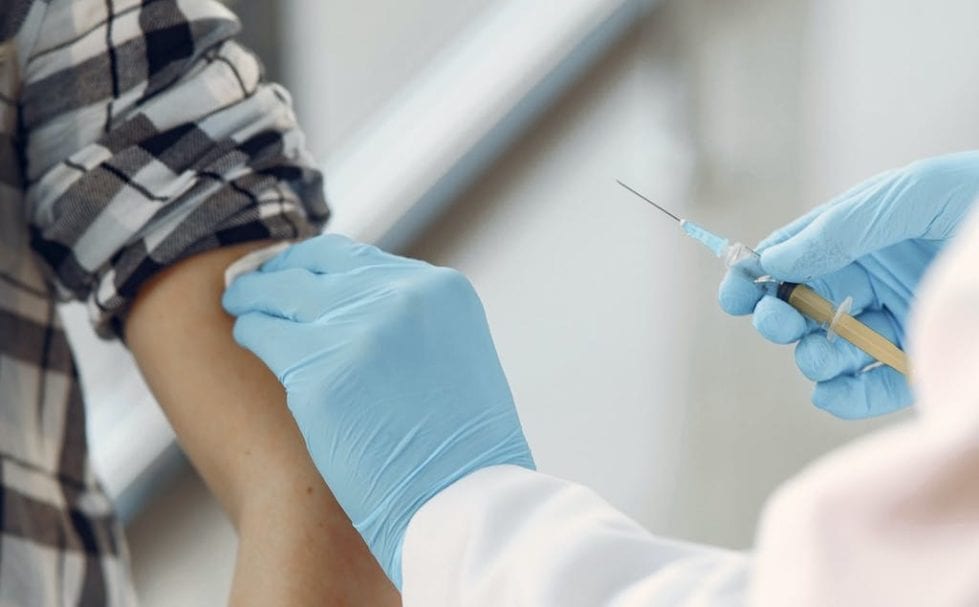

A bill filed by a Millsboro Republican would stop state agencies from requiring vaccines. File photo.
A Republican representative has filed a bill that would prevent Delaware colleges and universities from insisting students be vaccinated to return to campus this fall.
House Bill 209 filed by Rep. Rich Collins, R-Millboro, would forbid state or local governments including any entity receiving at least $10 million in annual state funding, such as the University of Delaware, Delaware State University and DelTech from requiring proof of vaccination to engage in certain activities or receive services.
“No one should be coerced into having a vaccine injected into their body,” said Collins said in a press release.
He says the bill will prohibit the denial of rights and services to citizens based on their COVID-19 vaccination status.
It would not apply to the question of whether businesses can require workers to be vaccinated.
Efforts were not successful Thursday to get responses from Democratic leaders in the Delaware General Assembly or college communications staff.
Some opposed to vaccinations say that requiring proof of vaccination is a way to force those reluctant to take a shot into doing it.
Collins says requiring vaccinations tramps over citizens’ most basic rights.
“There are some people that may have religious objections,” he said in the press release. “Others may believe that the vaccine poses a bigger threat than contracting the virus. In any case, our citizens have the right of self-determination, the right to worship as they see fit, and the expectation that their health care privacy will be respected. My bill seeks to safeguard these citizens’ protections as it relates to the administration of the vaccine.”
Collins said requiring vaccinations is not needed to reach herd immunity, which is the point in a population when most people are immune to an infection.
House Bill 209 would apply to any order issued by the governor under his ongoing State of Emergency declaration, the press release said. It says any individual or organization covered by the bill could “not adopt or issue a regulation, ordinance, law, order, or similar policy that requires an individual to undergo medical vaccination against COVID-19, or prove that the individual has been vaccinated against COVID-19, to exercise a lawful right or receive a benefit or service that is available to the public.”
Collins’ press release pointed out that the Kaiser Family Foundation has said it’s unclear if businesses can require a vaccine because they are all now under an Emergency Use Authorization. Pfizer, however, has filed for full authorization.
“To date, at least one federal lawsuit (Legaretta v. Macias) has been filed challenging an employer’s COVID-19 vaccine mandate on the grounds that vaccines are still under emergency use authorization,” a recent KFF report stated.
Should House Bill 209 become law, it will expire one year after its enactment.


Betsy Price is a Wilmington freelance writer who has 40 years of experience, including 15 at The News Journal in Delaware.
Share this Post



